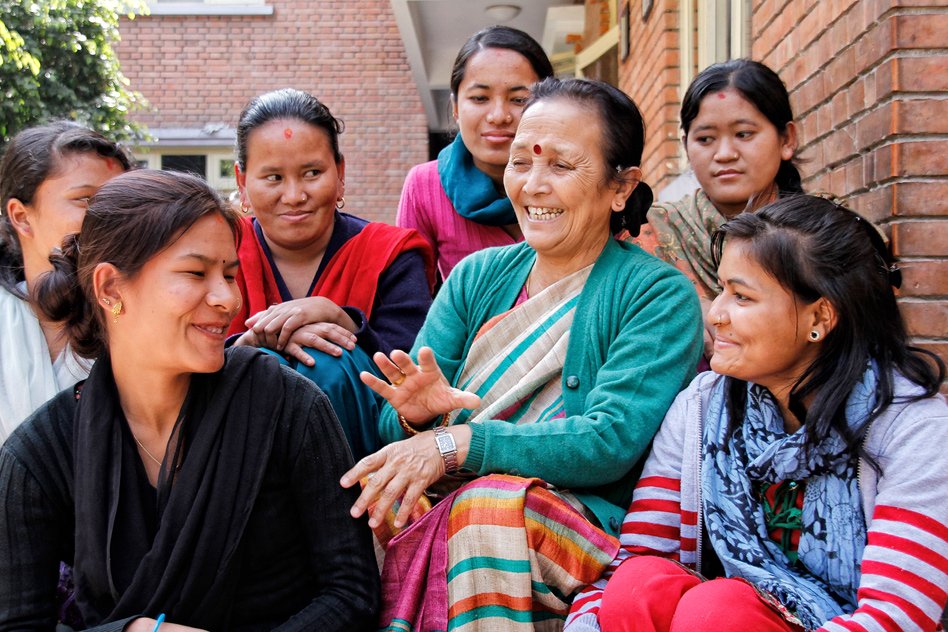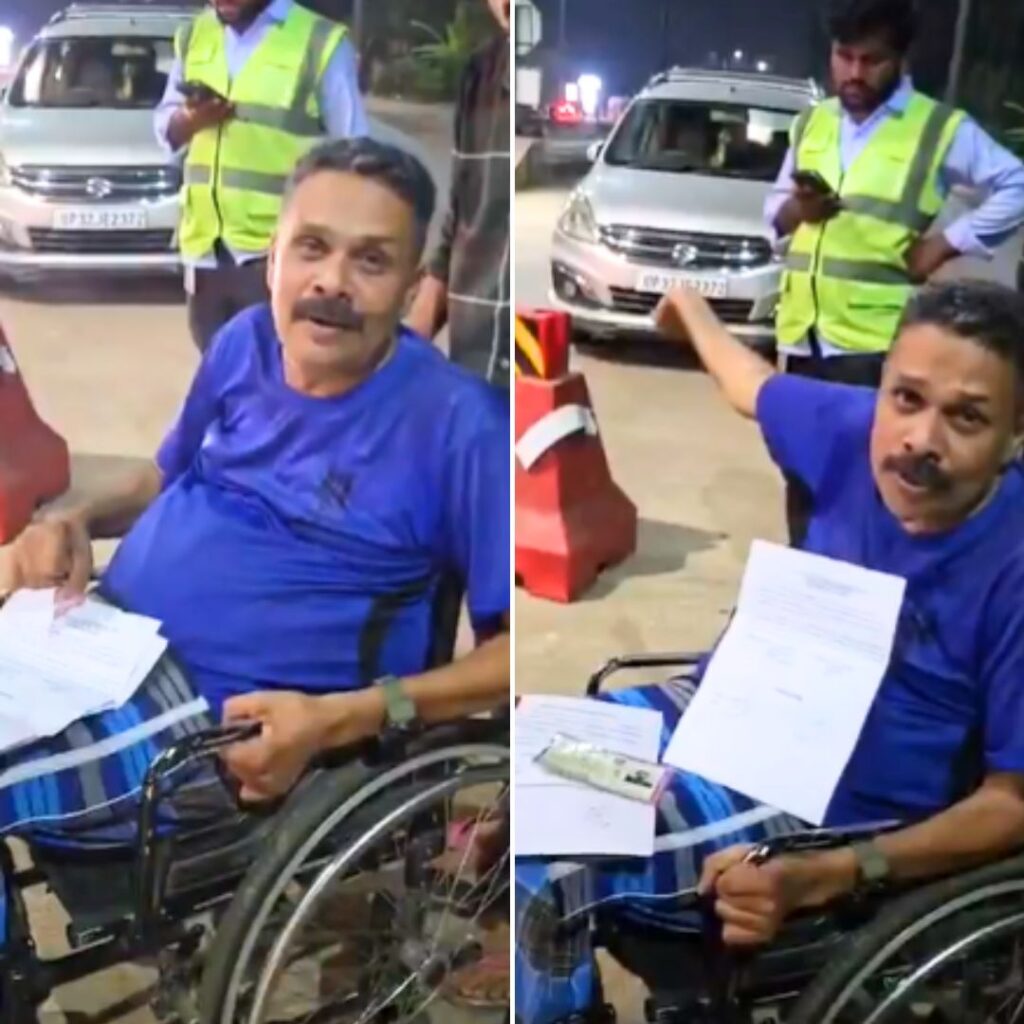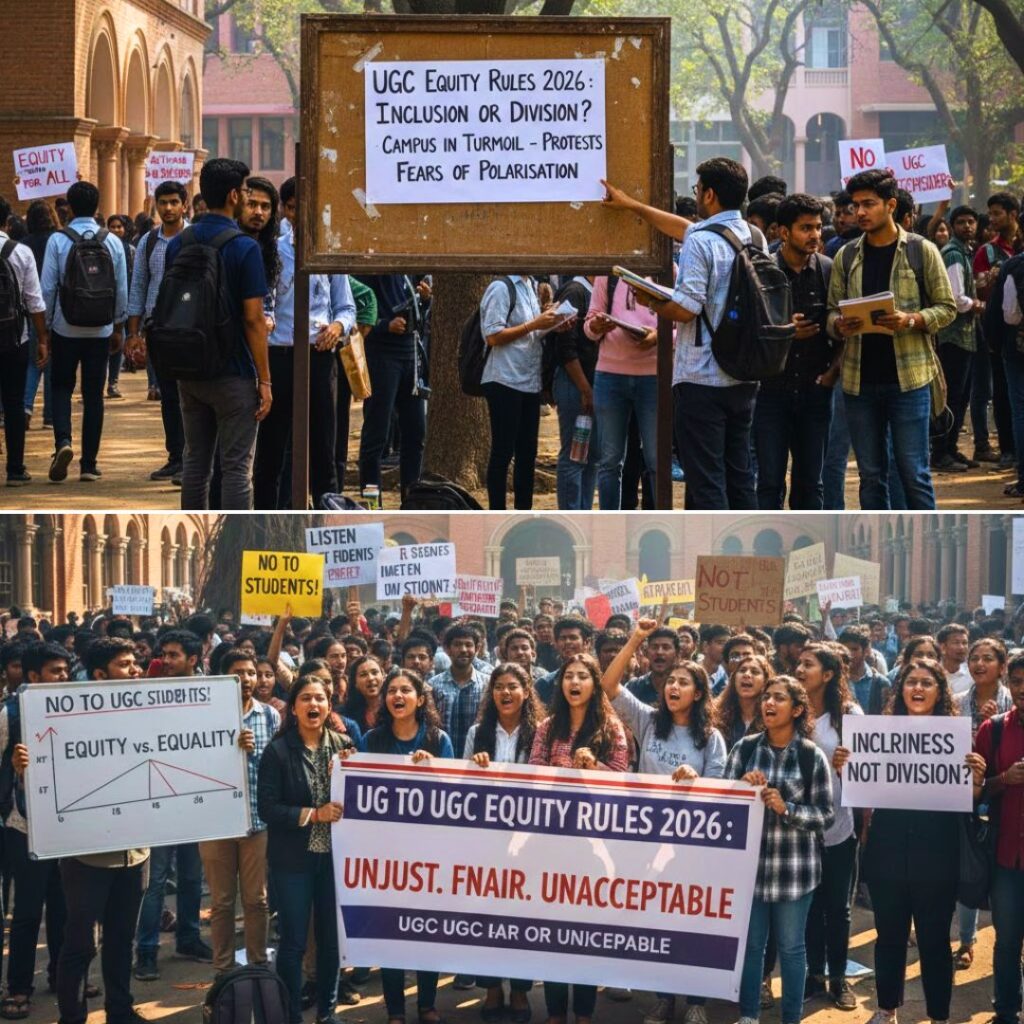A UN report form 2012 reveals that there are 2.4 million people throughout the world who are victims of human trafficking at any given moment. According to the International Labour Organization, 20.9 million people are subjected to forced labour while 22% are victims of forced sexual exploitation. 98% of the victims are women and children. We all remember the appalling incident when we came to know that victims of Nepal earthquake were being used for human trafficking to India. In fact, it is one of the busiest routes in the world for human trafficking. The number of women being trafficked annually can range from 5,000 to 10,000.
It is at this crucial juncture that Anuradha Koirala decided to intervene. She was herself a victim of years of abuse at the hands of her husband. She had three miscarriages after which her marriage ended. But her self-respect and determination to serve humanity did not. She had been teaching English at various schools in Nepal, earning a meager $100 per month. She invested part of this income in establishing a small retail shop to employ and support displaced victims of domestic violence and sex trafficking. Being a victim of domestic violence herself, she could empathize with the women who came within her fold.
However, the provision of a means of earning to the displaced women was not enough. A lot more needed to be done and all of it could not be achieved unless a bigger institution was established. Keeping this in mind, Anuradha, along with other teaches, journalists and social workers, laid the foundation of Maiti Nepal in 1993. You can visit the website here:
http://www.maitinepal.org/index.php
“Maiti” in Nepalese means “mother’s home”. It is an apt name for this NGO because it acts as a mother itself, taking within its folds Nepali girls and women who have been subjected to various forms of crimes, like domestic violence, human trafficking, child prostitution, child labour, and so on, often in silence. After all, who was there to listen to their stories, let alone understand their plight?
Indeed, Ms Koirala treats all those women as her own children. “What would you do if your daughter was standing in a similar position? You have to join hands. Take each child as your own daughter.” Perhaps, having no children herself accentuated her motherly instincts. It is because of her devotion and dedication that Maiti is now home over 1000 women and girls who have been rescued. At present, it has 3 prevention homes, 9 transit homes, 2 hospices and a high school.
However, achieving this feat was not easy. There is constant threat to life and security by the criminals who are engaged in human trafficking. Needless to say, they have high connections both in Nepal and in India. Maiti’s headquarters in Kathmandu have been vandalized on more than one occasion and the workers must be accompanied by body guards while on a rescue operation.
The more daunting task perhaps is to build trust among women who have been rescued. Having experienced untold suffering and being psychologically wounded, these women are afraid to talk to anyone at all. In Maiti, there is no hurry to make them open up. They are just provided with food, shelter and medicines. It takes days, sometimes months for these women to accept that Maiti is not another sojourn in their onward journey to further atrocities; that this perhaps is their first home. For a lot of them who are shunned by their families even after rehabilitation, Maiti is the last home, too.
After the basic treatment, women are provided with legal aid and women empowerment programmers. Children and women who have been exposed to HIV are provided ART (anti retro viral therapy). All this is done for free. The volunteers who work for Maiti were, in many cases, themselves rescued by this NGO. They need no motivation to work for rescuing other women. Moreover, generous philanthropists and humanitarians from around the globe donate to Maiti. In case you wish to donate, you can visit the link given below for detailed information:
http://www.friendsofmaitinepal.org/direct-aid.php
In recognition of her unflinching dedication and struggle, the Government of Nepal has declared September 5th as Anti-Trafficking Day. The seed of community service was sown in Ms Koirala during her childhood itself, when she was inspired by her parents, Colonel Pratap Singh Gurung and Laxmi Gurung. They considered humanitarian services to be the best form of holy work. This feeling was further strengthened while studying at Saint Joseph Convent School Kalimpong, India, where she was surrounded by nuns. Mother Teresa was a constant guiding light.
We know that Ms Koirala did not do all this for any rewards. After all, the best reward would be to see the smile on the faces of the rescued women. However, in recognition of her work, she has already received more than 30 national and international awards. We can mention only a few, like German UNIFEM Prize 2007 and The Peace Abbey, Courage of Conscience, 2006. In November 2010, Anuradha was voted online globally for the CNN Top Heroes Award. She was felicitated by Demi Moore and Ashton Kutcherson in Los Angeles, California, and received a sum of USD 1,00,000 to continue her work with Maiti Nepal. She also received USD 25,000 as a token of appreciation from the CNN. In 2014, she received the Mother Teresa Award, too.
The Logical Indian community salutes this 66 years-old mother, who is a visionary, a teacher, a leader, and a champion of human cause who has till date rescued around 12, 000 girls from the clutches of sex trafficking.












